
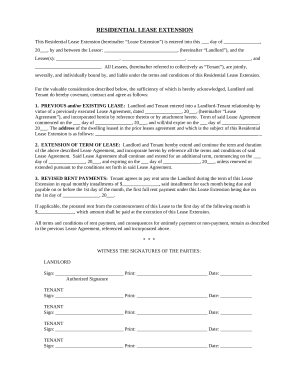

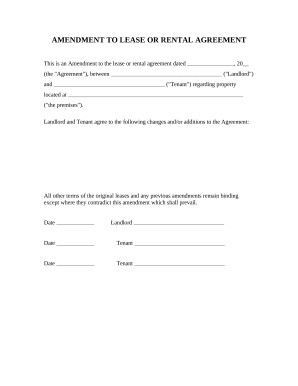
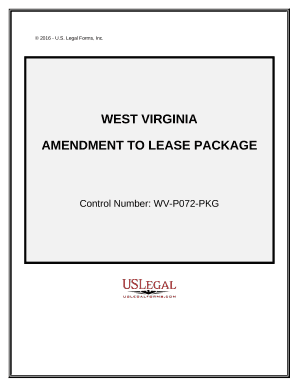
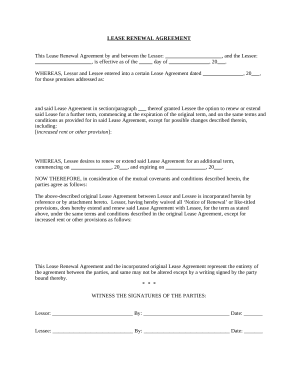
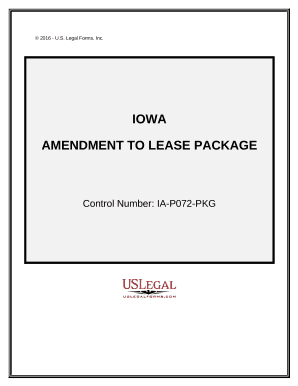
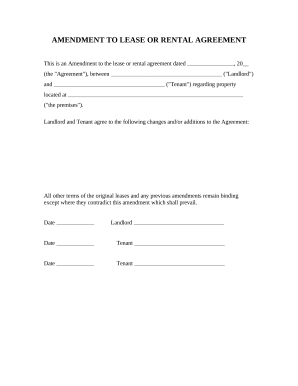
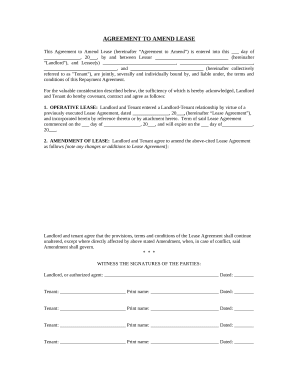
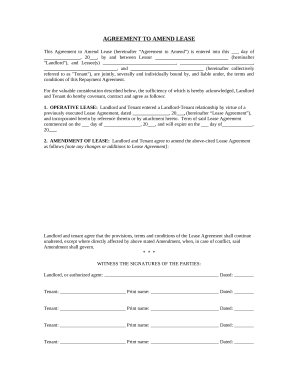

Form administration takes up to half of your business hours. With DocHub, it is simple to reclaim your time and effort and boost your team's efficiency. Get Landlord Tenant Amendment Forms online library and discover all templates related to your day-to-day workflows.
The best way to use Landlord Tenant Amendment Forms:
Improve your day-to-day file administration with the Landlord Tenant Amendment Forms. Get your free DocHub profile right now to discover all templates.